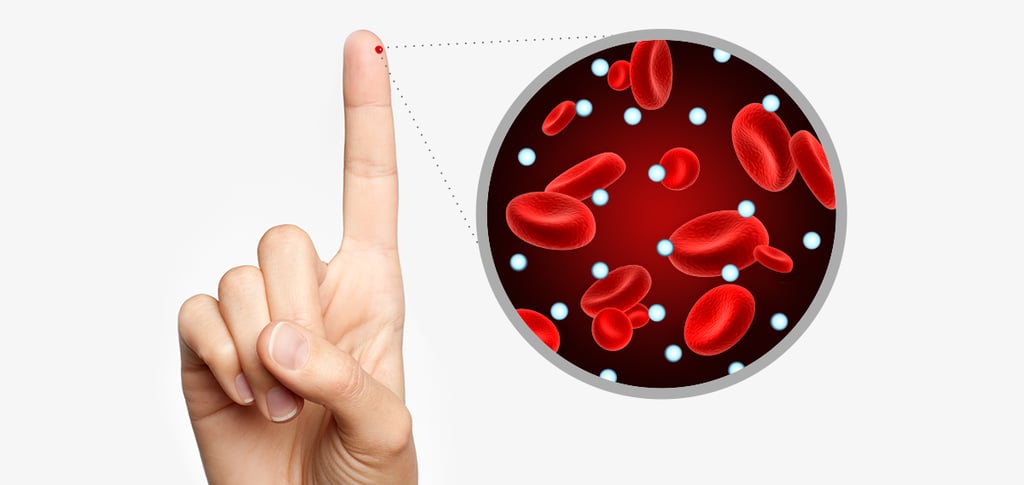Insulin Resistance: 10 Signs to Watch For
Discover the 10 key symptoms of insulin resistance: high blood sugar, fatigue, weight gain, and more. Take early action for your health!
HEALTHBLOG-LIST
3/13/20252 min read


Insulin resistance, a often silent metabolic disorder, can have profound consequences for your health. But how do you know if you're affected? In this article, we reveal the 10 telltale symptoms of insulin resistance, empowering you to take control of your health.
Summary:
Understanding insulin resistance
10 key symptoms to recognize
Risk factors and complications
Diagnosis and treatment options
Tips to improve insulin sensitivity
In Brief:
High blood sugar levels
High blood pressure
Excess abdominal fat
Persistent fatigue
Carb cravings
Acanthosis nigricans (skin tags)
1. Understanding Insulin Resistance
Insulin, a hormone produced by the pancreas, regulates blood sugar levels. When cells become less sensitive to insulin, the body must produce more to maintain normal blood sugar. This overproduction can lead to pancreas exhaustion and hyperglycemia.
2. 10 Key Symptoms to Recognize
High Blood Sugar: A fasting blood glucose level above 100 mg/dL is a warning sign.
High Blood Pressure: Insulin promotes sodium retention, increasing blood pressure.
Excess Abdominal Fat: Visceral fat is strongly linked to insulin resistance.
High Triglyceride Levels: Insulin stimulates triglyceride production by the liver.
Difficulty Losing Weight: Insulin promotes fat storage, making weight loss difficult.
Carb Cravings: Blood sugar fluctuations lead to cravings for sweets.
Persistent Fatigue: The inability of cells to use glucose causes chronic fatigue.
Acanthosis Nigricans: Dark, thick patches of skin appear on the neck, armpits, or groin.
Joint pain: Inflammation linked to insulin resistance can affect the joints.
Inflammation: Insulin has a pro-inflammatory effect and markers of inflammation are increased when the body is insulin resistant.
3. Risk Factors and Complications
Obesity, sedentary lifestyle, a diet high in refined carbohydrates, and a family history of diabetes increase the risk of insulin resistance. Untreated, it can progress to type 2 diabetes, cardiovascular disease, and polycystic ovary syndrome (PCOS).
4. Diagnosis and Treatment Options
A fasting blood glucose test, an HbA1c test, and a lipid panel can diagnose insulin resistance. Treatment relies on lifestyle changes: balanced diet, regular physical activity, and weight loss. In some cases, medications may be prescribed.
5. Tips to Improve Insulin Sensitivity
Prioritize low glycemic index (GI) foods.
Increase your fiber intake.
Engage in regular physical activity (at least 150 minutes per week).
Manage your stress.
Ensure you get restful sleep.
FAQ:
Is insulin resistance reversible? Yes, with lifestyle changes.
Which foods should be avoided with insulin resistance? Refined sugars, sugary drinks, and processed foods.
Which medical professional should I consult? An endocrinologist or a general practionner are good health care providers to consult.
Conclusion:
Insulin resistance is a warning sign your body sends. By recognizing these 10 symptoms and adopting a healthy lifestyle, you can reverse the trend and preserve your health. Share this article to raise awareness and leave your comments below.
